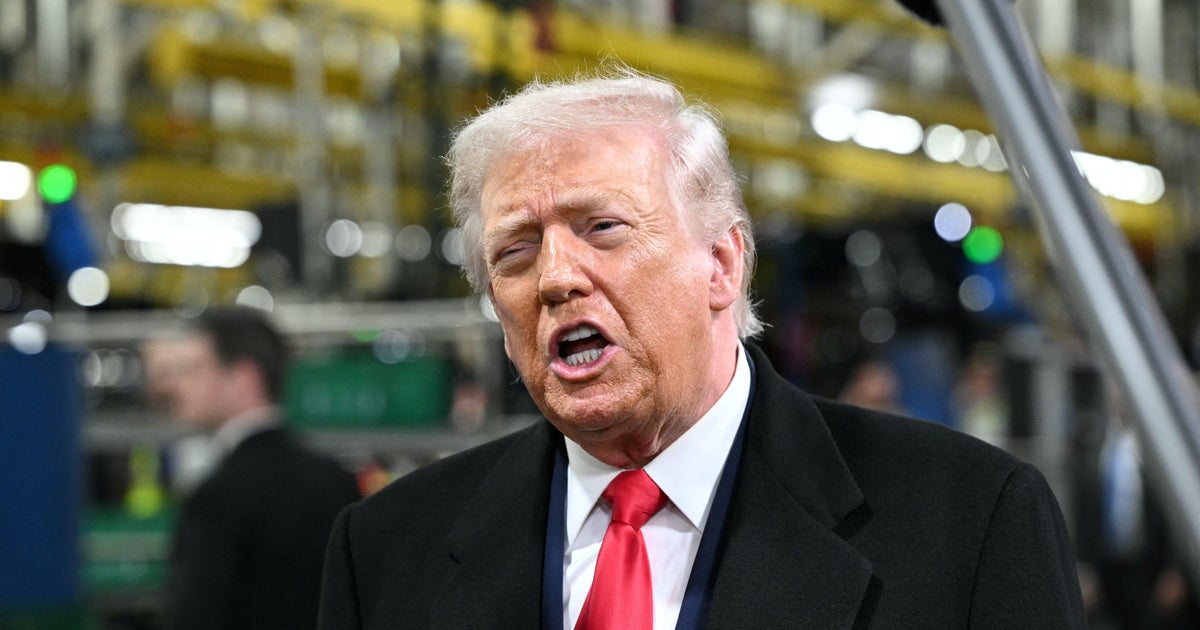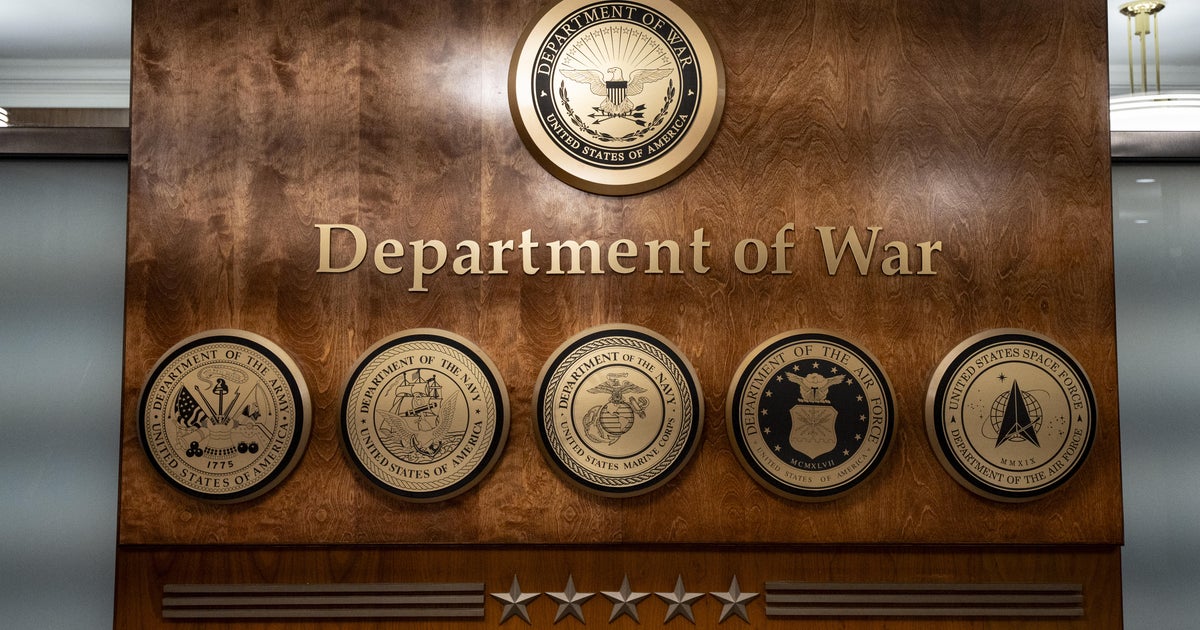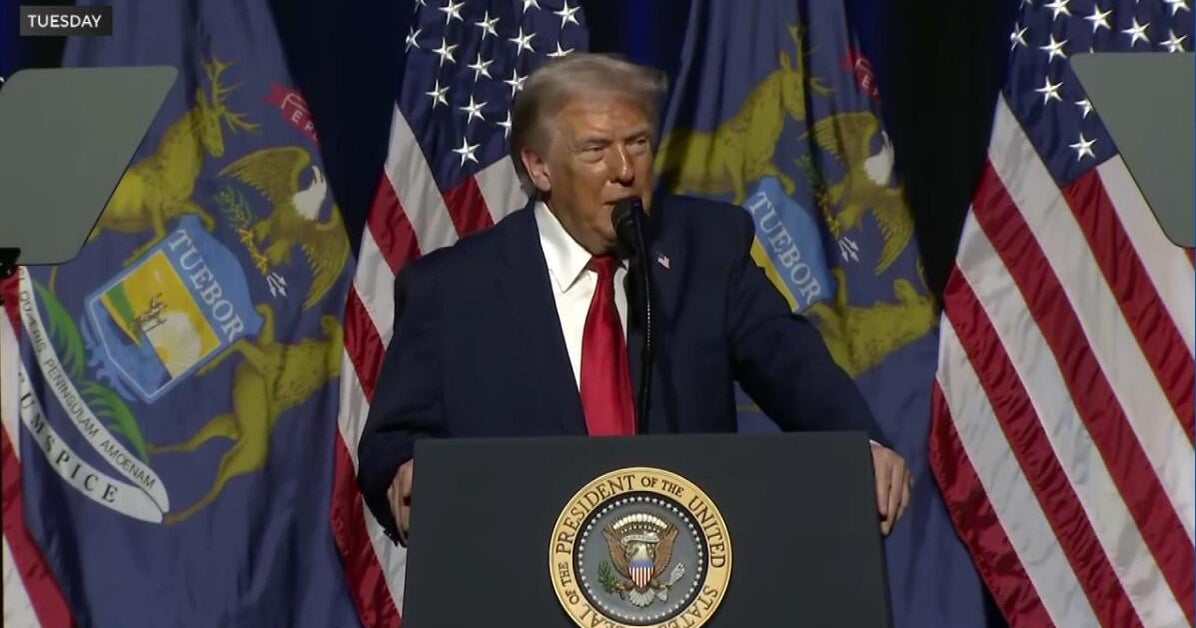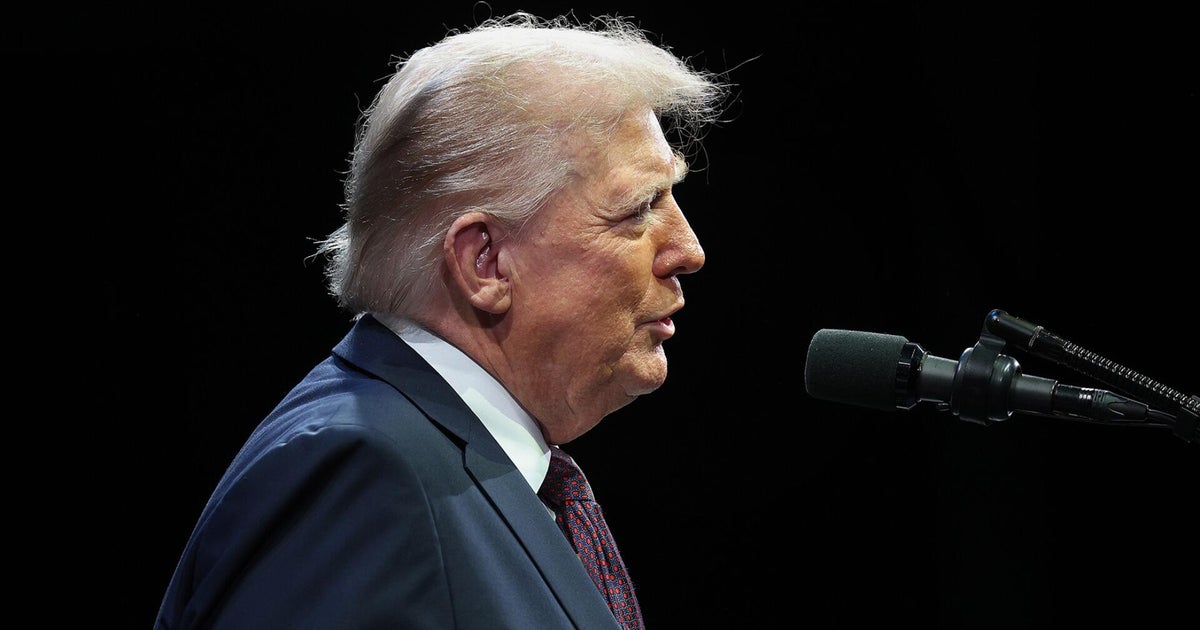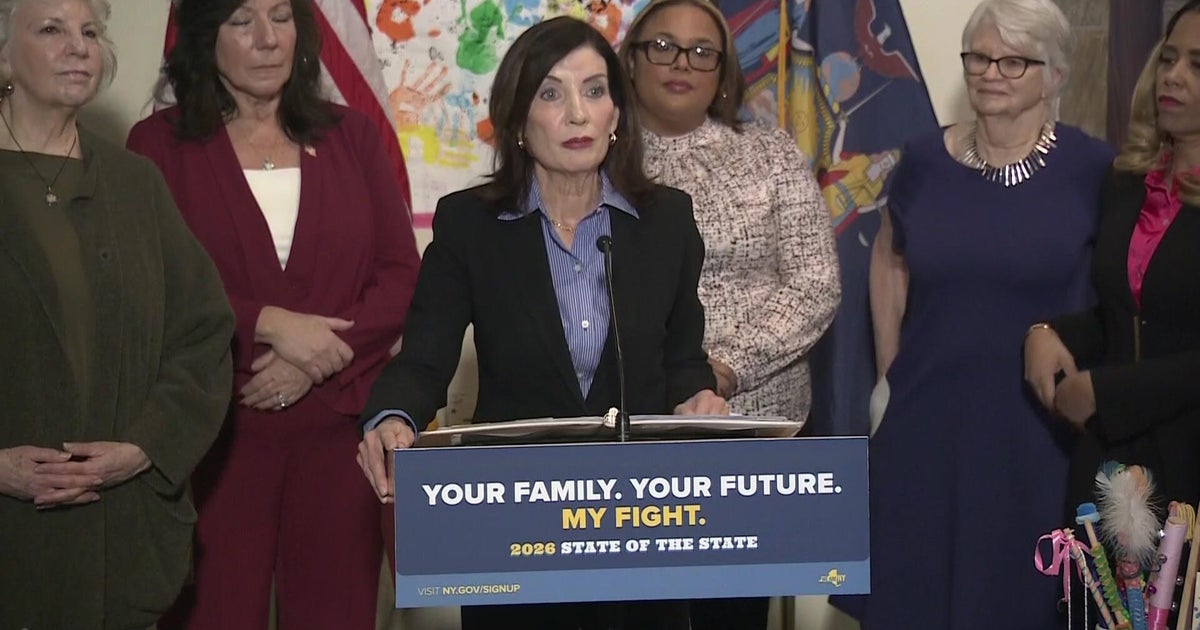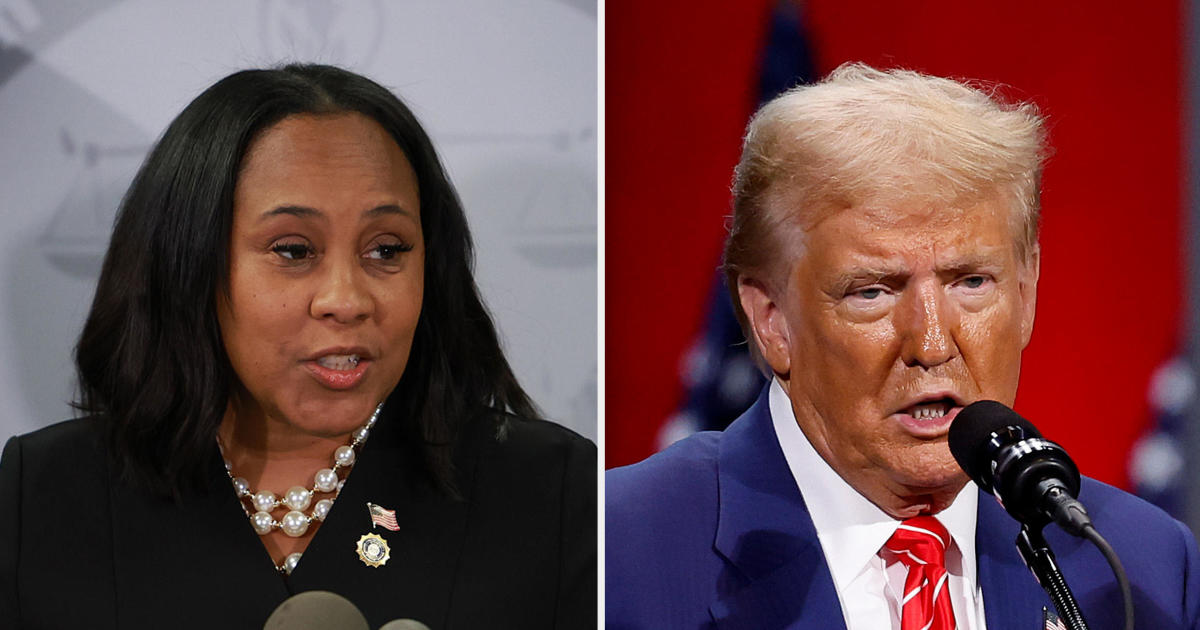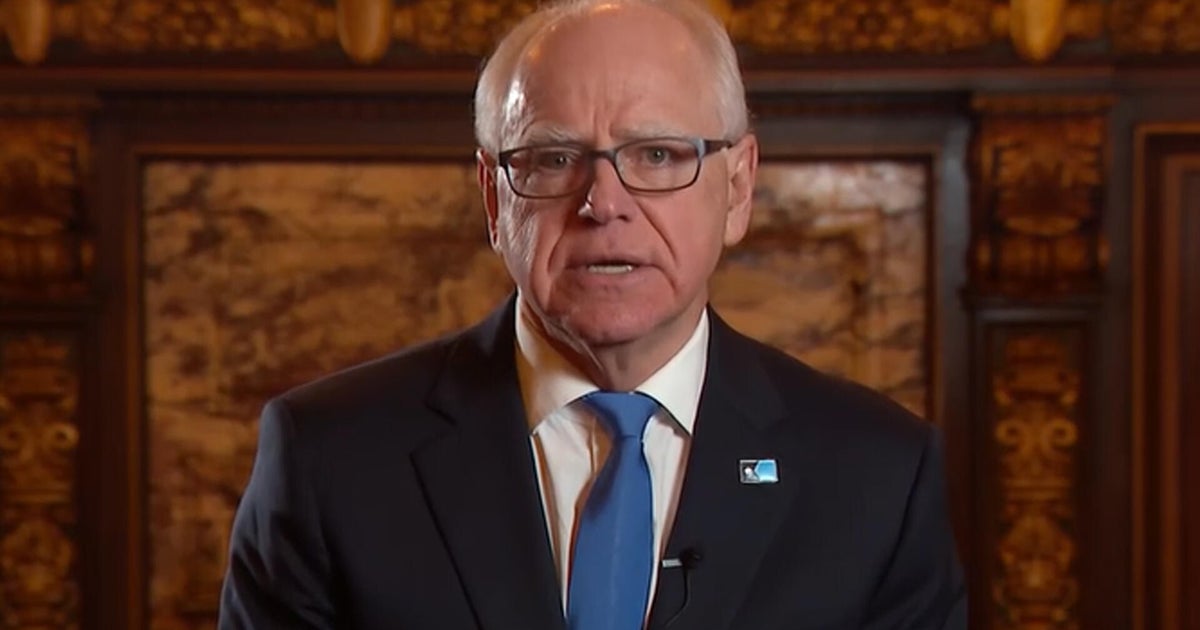So What Is The EPA & Why Is It In Trump's Crosshairs?
Follow CBSMIAMI.COM: Facebook | Twitter
WASHINGTON (CBSMiami/AP) -- The former head of President Trump's transition team at the Environmental Protection Agency expects the new administration to seek significant budget and staff cuts for the department.
Here's a look at the EPA.
WHO THEY ARE AND WHAT THEY DO?
Established during the Nixon administration in 1970, the EPA carries out laws enacted by Congress to protect the environment, such as the Clean Air Act and the Clean Water Act.
The EPA writes and enforces rules dealing with air emissions from automobiles, factories and other sources. It regulates drinking water contaminants, pesticides and other toxic substances; management and disposal of solid and hazardous wastes; and cleanup of spills.
Businesses, landowners and government agencies are among those whose actions can be affected by EPA rules.
FOLLOWING THE MONEY
The EPA's budget was roughly $8.4 billion in 2016, a 5 percent cut from what former President Barack Obama requested. He sought a 2 percent raise for the agency this year, but with Trump and the Republican-led Congress in charge, a big cut appears far more likely.
In addition to management of various environmental programs, EPA funds go to scientific research, grants for states and Native American tribes and cleanups of spills from sources such as leaky underground storage tanks.
There's also the Superfund program, which pays to clean up abandoned or out-of-control hazardous waste sites.
About those state and tribal grants: They pay for things like upgrading water infrastructure, restoring abandoned industrial sites called "brownfields" and restoring wetlands.
DEALING WITH THE STATES
States and some local governments have environmental protection departments, too, and the EPA has frequent dealings with them.
The agency has the final word on enforcing federal environmental laws but can delegate some tasks to the states, such as issuing permits, inspecting facilities, issuing violation notices and overseeing some cleanups.
The EPA can revoke state authority if state officials aren't meeting federal standards. In some cases, states can adopt rules that are more stringent than federal ones, but not less stringent.
EPA grants help cover compliance costs for state and local agencies.
CLEANING UP POLLUTION
The EPA oversees cleanups ranging from polluted sediment to oil spills to leaking storage tanks. Perhaps its best-known cleanup program is Superfund, established by Congress in 1980 to clean up hazardous waste sites that often were abandoned.
It allows the EPA to sue industries that contributed to the pollution to try to get them to complete the cleanups or reimburse the federal government for doing the work.
There are more than 1,300 Superfund sites across the U.S., and more than 1,000 are under evaluation to see if they should be added to the list.
THE OFFICERS AND THE TROOPS
The EPA's top officer is the administrator, currently Catherine R. McCabe, although Trump has nominated former Oklahoma Attorney General Scott Pruitt for the post.
The agency has about 15,000 employees, of whom 8,000 are in Washington, D.C. The others are scattered among regional offices in 10 cities: Boston, New York, Philadelphia, Atlanta, Chicago, Dallas, Kansas City, Denver, San Francisco and Seattle.
WHY THEY'RE IN THE CROSSFIRE
The EPA is a favorite whipping boy across the political spectrum.
Conservatives and groups representing oil and gas companies, farmers, land developers and other business sectors accuse the agency of imposing burdensome rules that go beyond what the law authorizes and of enforcing them without mercy, hampering economic growth and killing jobs.
Liberals and environmentalists have the opposite complaint — that the EPA's rules are too weak to protect the air, land and water, and its staffers are too eager to let polluters off the hook, worsening conditions that lead to sickness and even death for people and wildlife alike.
(TM and © Copyright 2017 CBS Radio Inc. and its relevant subsidiaries. CBS RADIO and EYE Logo TM and Copyright 2017 CBS Broadcasting Inc. Used under license. All Rights Reserved. This material may not be published, broadcast, rewritten, or redistributed. The Associated Press contributed to this report.)
